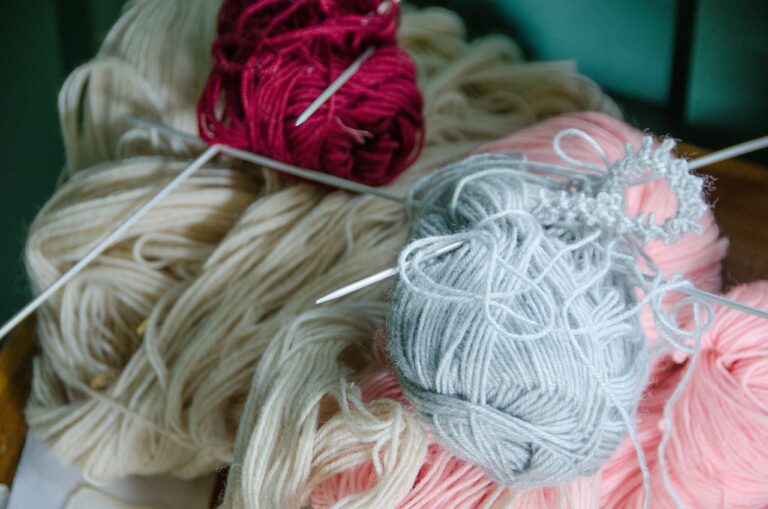Sustainable Fashion: The Rise of Plant-Based Leather Alternatives
Plant-based leather has emerged as a sustainable alternative in the fashion industry, offering a cruelty-free and eco-friendly option for conscious consumers. Made from a variety of plant sources such as pineapple leaves, cork, and mushrooms, this innovative material provides a versatile solution for designers looking to reduce their environmental impact without compromising on style.
The production of plant-based leather requires fewer resources and emits significantly lower levels of greenhouse gases compared to traditional leather production. By opting for plant-based leather, fashion brands can contribute to the reduction of deforestation, water pollution, and animal cruelty associated with conventional leather production, making it a responsible choice for a more sustainable future in fashion.
• Plant-based leather is a cruelty-free alternative to traditional leather, making it appealing to ethical consumers.
• Materials such as pineapple leaves, cork, and mushrooms are used in the production of plant-based leather, offering a wide range of options for designers.
• The environmental impact of plant-based leather production is significantly lower than that of traditional leather, helping to reduce deforestation and water pollution.
The Environmental Impact of Traditional Leather Production
Traditional leather production processes have long been a cause for concern due to their significant environmental impact. The tanning process, in particular, involves the use of toxic chemicals such as chromium and ammonia, which are harmful to both human health and the environment. These substances can leach into water sources, polluting ecosystems and posing a risk to wildlife and communities living nearby.
Moreover, the livestock industry, which is closely tied to leather production, contributes to deforestation, greenhouse gas emissions, and water pollution on a large scale. Large areas of land are cleared to make way for grazing cattle, leading to loss of biodiversity and destruction of habitats. The intensive water usage and waste generated by the industry further exacerbate the environmental damage caused by traditional leather production processes.
Innovative Materials: Exploring Plant-Based Leather Options
Plant-based leather is gaining popularity as a sustainable alternative in the fashion industry. With increasing awareness about the environmental impact of traditional leather production, designers and consumers are turning to innovative materials derived from plants to meet their needs. The use of materials such as mushroom leather, pineapple leather, and apple leather offers a cruelty-free and eco-friendly option without compromising on style or quality.
One of the key advantages of plant-based leather is its lower environmental footprint compared to traditional leather. The production of plant-based leather requires fewer resources, emits less greenhouse gases, and minimizes water pollution. Additionally, these materials are often biodegradable, contributing to a circular economy and reducing waste in the fashion industry. As technology advances and more sustainable alternatives become available, the future of fashion looks promising with plant-based leather leading the way towards a more environmentally conscious and ethical industry.
What is plant-based leather?
Plant-based leather is a sustainable alternative to traditional leather that is made from plant-based materials such as mushrooms, pineapple leaves, and cork.
Why is plant-based leather considered a sustainable alternative in fashion?
Plant-based leather is considered sustainable because it does not involve the use of animal products or harmful chemicals in its production, making it a more environmentally friendly option.
What is the environmental impact of traditional leather production?
Traditional leather production has a significant environmental impact, including deforestation, water pollution, and greenhouse gas emissions from livestock farming.
How are innovative materials like plant-based leather changing the fashion industry?
Innovative materials like plant-based leather are changing the fashion industry by offering more sustainable alternatives that reduce the industry’s environmental footprint and promote ethical practices.
Are plant-based leather options as durable as traditional leather?
Plant-based leather options can be just as durable as traditional leather, depending on the specific material used and the manufacturing process. Manufacturers are constantly improving plant-based leather to make it more durable and long-lasting.







